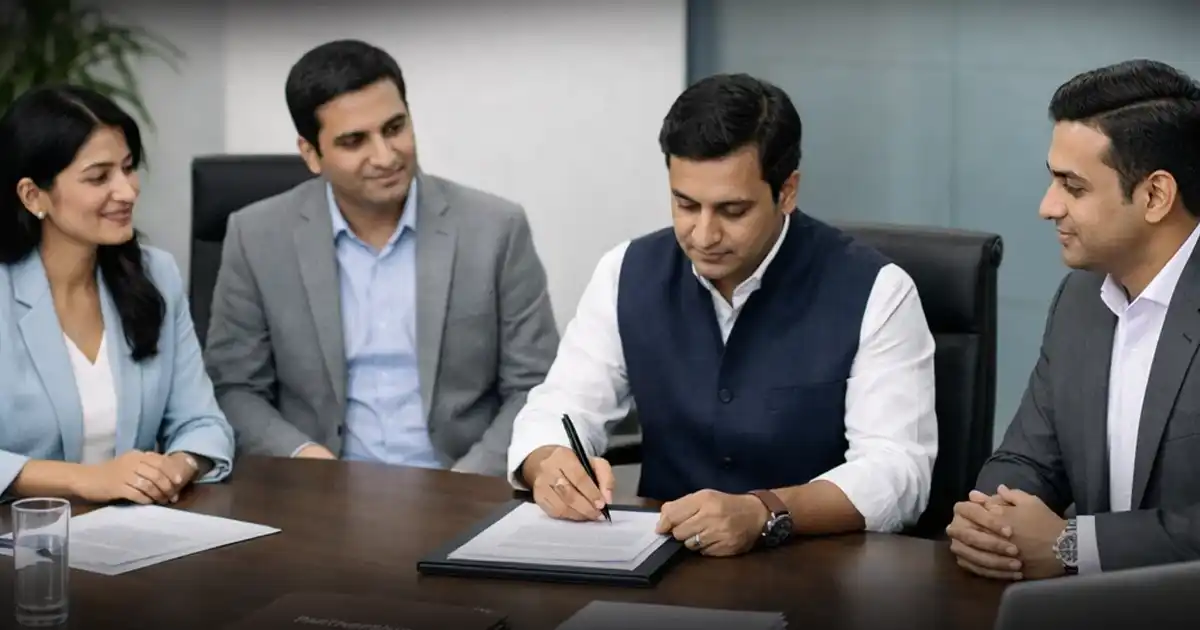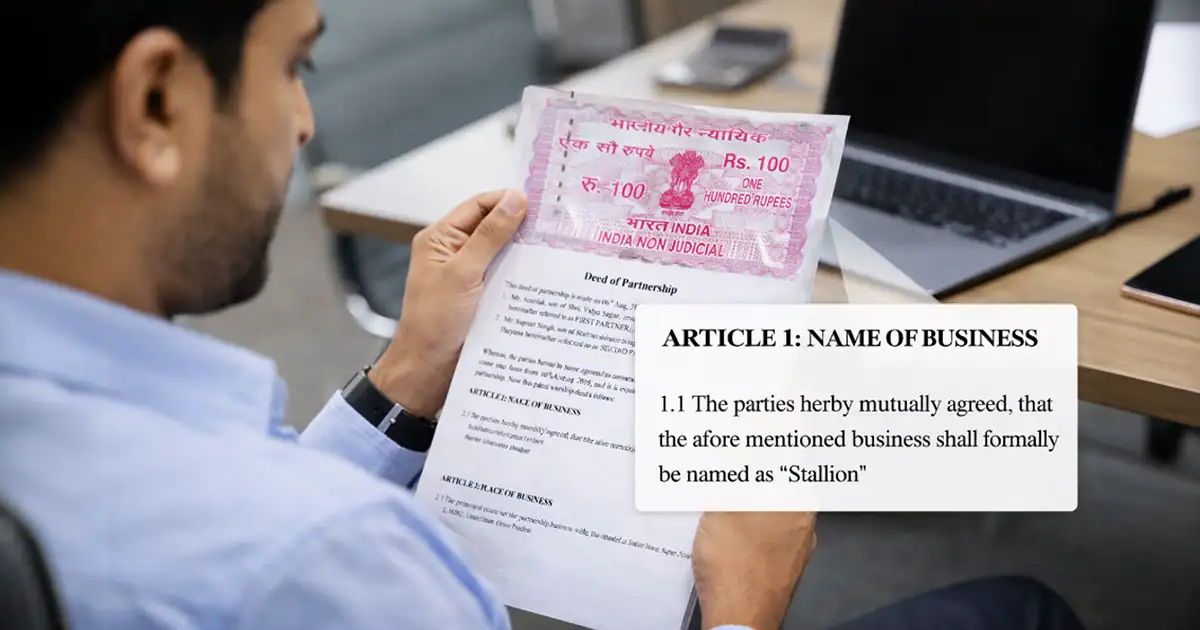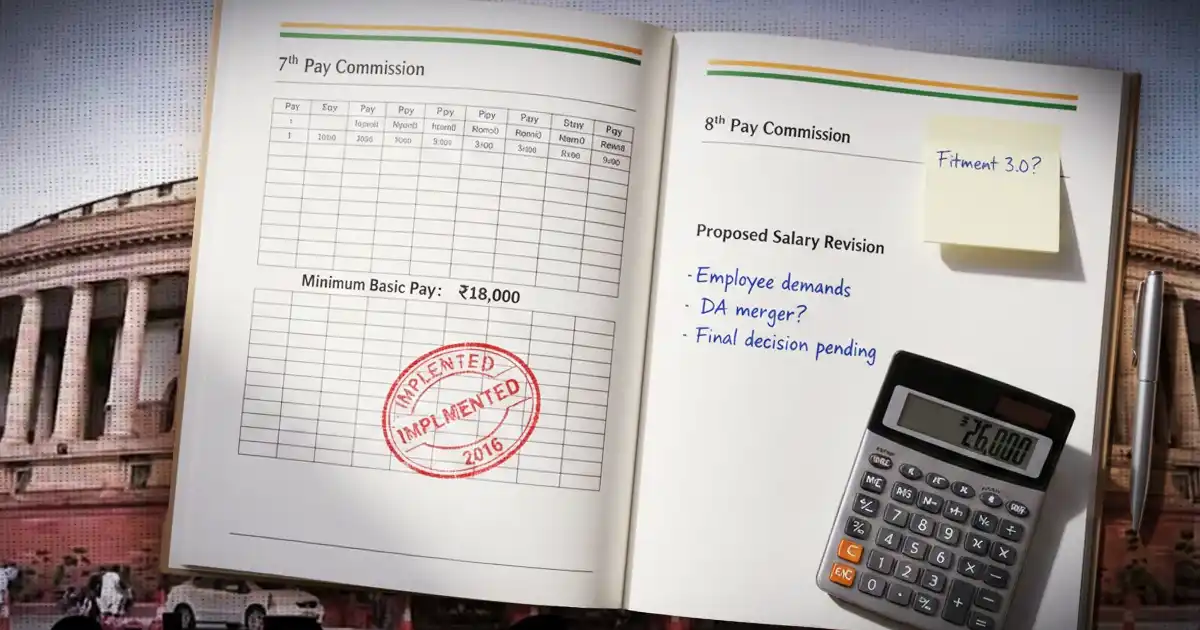A franchise agreement is a formal contract between two parties, the franchisor (the original business owner) and the franchisee (the person or entity buying the rights). It gives the franchisee permission to run a business using the franchisor’s brand name, trademarks, systems, and methods of operation. In return, the franchisee pays an initial setup fee and regular royalties.
This agreement lays the foundation for an ongoing business relationship, where the franchisee follows the franchisor’s standards and benefits from its established reputation and support.
Types of Franchise Agreements
Understanding the different types of franchise agreements is crucial for both parties:
- Individual franchise agreement: This is the most common type, granting a single franchisee the right to operate one franchised unit. It’s also known as a single-unit franchise agreement.
- Multi-Unit Franchise Agreement: A franchisee is granted the right to open and operate more than one franchised unit within a specific territory.
- Area Development Agreement: Similar to multi-unit, but the franchisee commits to developing a certain number of units within a defined area over a set period.
- Master Franchise Agreement: A master franchisee can run their outlets and also give franchise rights to others in a large area, like a whole country. They sign sub-franchise agreements with these new franchisees.
- Conversion Franchise Agreement: An existing independent business converts into a franchised unit under a franchisor's system.
- Brand franchise agreement: This generally refers to the agreement for a specific brand's franchise, covering the terms and conditions unique to that brand.
- Franchise license agreement: Highlights the licensing aspect of the franchisor's intellectual property and system to the franchisee.
How Does a Franchise Agreement Work?
When you enter into a franchise agreement, you get access to everything needed to run the business, including training, marketing support, and the right to use the brand and business model. In exchange, you invest your own money to set up and operate the business locally and pay regular fees (royalties) to the franchisor.
The agreement clearly outlines:
- How long will the franchise last
- Rules for renewing or ending the contract
- How disputes will be handled
The goal is to ensure that every franchise location maintains the same high quality and customer experience, regardless of its location.
Laws that Govern Franchise Agreements in India
India doesn’t have a specific law dedicated to franchising. However, franchise agreements are legally valid and governed by several well-established Indian laws, including:
- The Indian Contract Act, 1872: This act lays down the basic rules for creating and enforcing contracts. It ensures that the franchise agreement is legally binding and clearly defines the duties and obligations of both parties.
- The Trademarks Act, 1999: Since franchising often involves the use of brand names and logos, this act protects the franchisor’s trademarks. It allows the franchisee to use the brand while safeguarding the brand’s legal ownership.
- The Copyright Act, 1957, and The Patents Act, 1970: These laws protect the franchisor’s intellectual property, like training materials, designs, software, or patented products, that are shared with or used by the franchisee.
- The Competition Act, 2002: This act aims to prevent unfair or restrictive business practices. In franchise agreements, clauses like fixed pricing or exclusive territories are allowed only if they don’t harm market competition or lead to a dominant position.
- The Consumer Protection Act, 2019: This law holds both franchisors and franchisees accountable for product and service quality. It ensures that consumers have rights and protection, no matter who is operating the outlet.
- The Foreign Exchange Management Act (FEMA), 1999: FEMA applies when a foreign franchisor is involved or when payments such as royalties and fees are made across borders. It governs how foreign currency transactions are handled in franchising.
Note: Disclosure laws, such as the Franchise Disclosure Document (FDD), are not yet mandatory but are commonly followed voluntarily by reputable franchisors.
Provisions of the Franchise Agreement
A well-drafted franchise agreement outlines all the important terms that govern the relationship between the franchisor and franchisee. Below are the key provisions included:
- Grant of Franchise: This section defines the rights given to the franchisee, such as the use of the franchisor’s brand, business systems, and operational support. It may also mention exclusive rights within a certain territory.
- Franchise Fee and Royalties: This includes the initial non-refundable fee and ongoing payments, usually 4% to 10% of gross sales in India. Royalties may be paid monthly or quarterly, and contributions to a shared marketing fund may also apply.
- Term and Renewal: This outlines how long the agreement will last and the conditions under which it can be renewed, such as performance requirements or fee payments.
- Territory: Specifies the geographical area in which the franchisee can operate. It may grant exclusivity or define boundaries to avoid overlap with other franchisees.
- Training and Support: Covers the initial training provided by the franchisor and any ongoing assistance, such as refresher courses or operational support.
- Operational Standards: Set guidelines for how the franchise must be run, including product quality, service standards, cleanliness, and customer experience. These standards help maintain brand consistency.
- Intellectual Property: Describes the proper use of the franchisor’s trademarks, copyrighted materials, trade secrets, and proprietary business processes.
- Marketing and Advertising: Defines who is responsible for advertising at the local and national levels. It may also include mandatory contributions to marketing funds.
- Confidentiality: Protects sensitive information shared with the franchisee during the relationship. This includes business strategies, manuals, and financial data.
- Indemnification: Lays out how liability will be handled if one party’s actions cause loss or damage to the other, especially in legal claims from third parties.
- Default and Termination: Lists situations that could lead to the agreement being terminated, such as non-payment or breach of terms, and whether a cure period (time to fix the issue) is provided.
- Post-Termination Obligations: Explains what the franchisee must do once the agreement ends, including stopping the use of the brand, returning proprietary materials, and possibly agreeing to a non-compete period.
- Dispute Resolution: Provides the method for resolving disputes, usually through arbitration, mediation, or legal proceedings, and specifies where such processes will take place.
Note: Most Indian franchise agreements include an arbitration clause under the Arbitration and Conciliation Act, 1996, with Delhi, Mumbai, or Bangalore often chosen as the arbitration seat.











